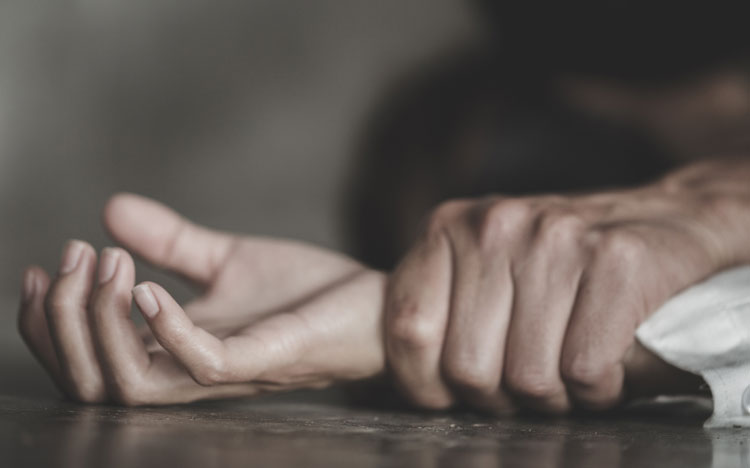 Supported by Eurojust, judicial and law enforcement authorities in Romania and Ireland have taken action against an organised crime group (OCG) involved in the trafficking of Romanian women for sexual exploitation, pimping, trafficking of high-risk drugs and money laundering. During a joint action, 6 suspects were detained and 38 searches were carried out.
Supported by Eurojust, judicial and law enforcement authorities in Romania and Ireland have taken action against an organised crime group (OCG) involved in the trafficking of Romanian women for sexual exploitation, pimping, trafficking of high-risk drugs and money laundering. During a joint action, 6 suspects were detained and 38 searches were carried out.

The leaders of the OCG allegedly developed a prostitution network that facilitated the sexual exploitation of over 30 women. The victims were recruited in Romania and transported to various locations in Ireland where they were accommodated in rented properties. The sexual services were advertised through advertisements posted on profile sites on the internet. The suspects also used the victims to sell drugs to clients.
Active since 2019, the OCG is believed to have acquired large sums of money through this criminal activity, which they used to purchase cars and real estate properties in Romania.
In order to conceal the criminal origin of the proceeds, the perpetrators used a complex financial circuit, including the use of fast money transfer services and bank accounts opened in the names of intermediaries. The OCG also set up real state companies to launder the proceeds.
The suspects are also believed to have sold high-risk drugs in several districts in Romania between 2021 and 2023.
During the action day on 25 April, 6 suspects were detained and 38 searches were carried out. Twenty-nine mobile phones and other electronic equipment, two airsoft guns, high-risk drugs and approximately EUR 3,000 in cash were seized. A seizure order was issued for 10 cars and a motorcycle. Two Irish police officers were present in Romania during the action.
The case was opened in February 2022 at the request of the Romanian authorities. A joint investigation team was set up between the Romanian and Irish authorities with the support of Eurojust in July 2022. Four coordination meetings were hosted by the Agency to discuss legal and judicial matters and agree on a prosecutorial strategy to collect evidence.
One of the coordination meetings brought together senior officials to align strategies and improve coordination between the two countries to better address the growing trend of human trafficking involving Romanian citizens in Ireland, often controlled by OCGs based in Romania. The coordination meeting laid a good foundation for future cooperation between Romania and Ireland on this topic.
The following authorities took part in this investigation:
- Ireland: An Garda Síochána
- Romania: Prosecutor’s Office attached to the High Court of Cassation and Justice – Directorate for Investigating Organized Crime and Terrorism – Gorj Territorial Service; Police Service for Combating Organized Crime of Gorj, Pitesti, Valcea, Mehedinti, Olt, Craiova and Bucuresti
